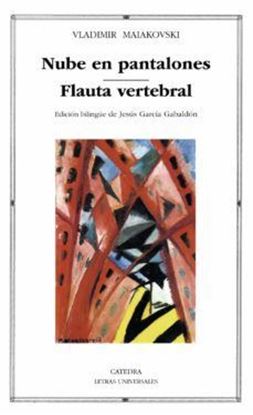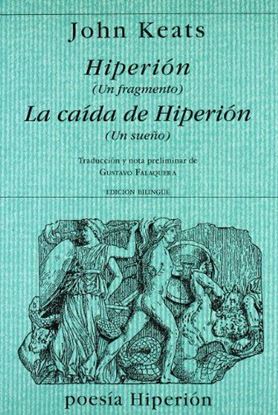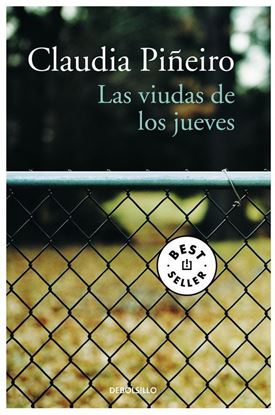

UNA BODA EN LYON
Durante el Terror jacobino, una joven, que espera su ejecución en el oscuro sótano de una cárcel, se reencuentra con su prometido, al que creía muerto en un levantamiento de las fuerzas partidarias a la monarquía. Sólo la compasión de sus compañeros de infortunio ayudará a los amantes a cumplir su mayor deseo, presentarse ante Dios como marido y mujer, y a su vez ofrecerá un momentáneo consuelo a todos los presentes. Publicado originalmente en 1927, «Una boda en Lyon» es un retrato sobrecogedor de la persecución política y religiosa, uno de los mayores fracasos de la humanidad según Stefan Zweig. La presente edición incluye otros tres relatos: «La caminata», «Un ser humano inolvidable» y «Dos solitarios».
650
488
NUBE EN PANTALONES, FLAUTA
Vladimir Maiakovski, poeta, dramaturgo y pintor ruso, apoyó la revolución y luchó por un arte que fuera construcción de vida y expresión del socialismo. En ambos poemarios, el amor no correspondido, la pena de amor, lleva a la locura ("Nube en pantalones") o al suicidio ("Flauta vertebral").
650
488
HIPERION
Keats comenzó a escribir su Hiperión a finales de septiembre de 1818 cuando tenía 22 años, y lo abandonó definitivamente en abril del año siguiente. La caída de Hiperión no se conoció hasta 1856. El poema intentaba reconstruir libremente el plan de su anterior Hiperión y fue empezado a escribir a mediados de julio de 1819 en Shanlin. En ambos textos se describe cómo fueron marginados los dioses pre-helénicos, los Titanes, con la llegada de los nuevos dioses olímpicos, encabezados por Júpiter. Al comienzo del mismo se ve a Saturno y a los demás Titanes derrotados, todos menos Hiperión, el Dios del Sol, que intenta animar a sus compañeros y levantar sus decaídos espíritus. Según Richard Woodhouse: "El poema, de haber sido completado, habría tratado del destronamiento de Hiperión, el anterior Dios del Sol, por Apolo, e incidentalmente de los de Océnao por Neptuno, de Saturno por Júpiter... y de la guerra de los Gigantes (o Titanes) por restablecer en el mando a Saturno, con otros sucesos sobre los que tenemos muy oscuras indicaciones en los poetas mitológicos de Grecia y Roma. De hecho, los incidentes habrían sido puras creaciones del cerebro del poeta."
650
488
LA ISLA DEL DOCTOR SCHUBERT (OF2)
«Schubert: una criatura pintada en óleo sobre cobre, un hombre que despierta la sed en quienes lo miran, un personaje de cuyo pecho parte el kilómetro cero de una isla que la intérprete se propuso contar, aunque del intento quedara, apenas, este puñado de sal. Bienvenidos a la isla del doctor Schubert».
En este relato de imaginación desbordante y gran belleza, Karina Sainz Borgo mezcla la realidad con lo fantástico y el mito para levantar, con una prosa cuidadísima y muy poética, un mundo nuevo centrado en una isla imaginaria donde habita el doctor Schubert, medio médico y medio aventurero.
500
LA CHICA DEL ZODIACO. PARTE 2 (MX) (OF1)
El chico acuario es independiente y natural.
El chico piscis es sensible y espiritual.
El chico aries es enérgico e impulsivo.
El chico tauro es estable y sensual.
ANNA YA NO ES LA MISMA
Lleva ya un tercio de su experimento del Zodiaco y ha aprendido más sobre ella misma que sobre los hombres que ha conocido. Sin embargo, los recientes sucesos familiares han dado un giro vertiginoso a su vida.
ANNA TIENE EL CORAZÓN ROTO
El amor no se puede controlar y ha llegado para poner a prueba el experimento. Pero en una ciudad como Los Ángeles nada es lo que parece y las mentiras se pueden ocultar tras una buena actuación.
ANNA VA A LUCHAR
No puede rendirse ahora. Tras un intenso desengaño amoroso, tiene que recomponerse y encontrar su propio camino. Aunque, durante todo el experimento, siempre haya una persona poniendo su corazón patas arriba y tentándola a romper las reglas.
500
LAS VIUDAS DE LOS JUEVES (BOL)
Detrás de las altas paredes perimetrales, más allá de los portones reforzados por barreras y flanqueados por garitas de vigilancia, se encuentra Altos de la Cascada. Afuera, la ruta, la barriada popular de Santa María de los Tigrecitos, la autopista, la ciudad, el resto del mundo.
En Altos de la Cascada viven familias que llevan un mismo estilo de vida y que quieren mantenerlo cueste lo que cueste. Allí, en el country, un grupo de amigos se reúne semanalmente lejos de las miradas de sus hijos, sus empleadas domésticas y sus esposas, quienes, excluidas del encuentro varonil, se autodenominan, bromeando, "las viudas de los jueves". Pero una noche la rutina se quiebra y ese hecho permite descubrir, en un país que se desmorona, el lado oscuro de una vida "perfecta".
700
525














